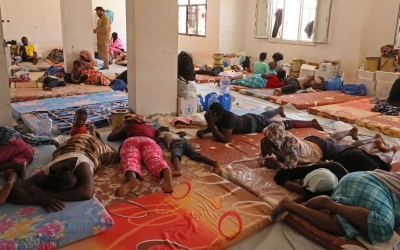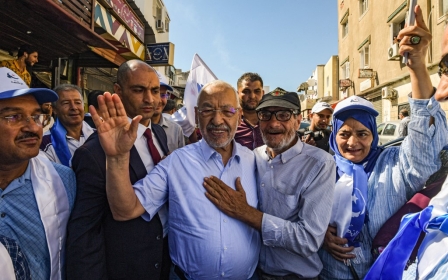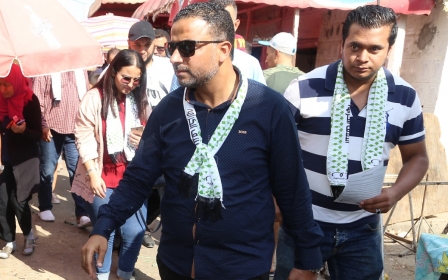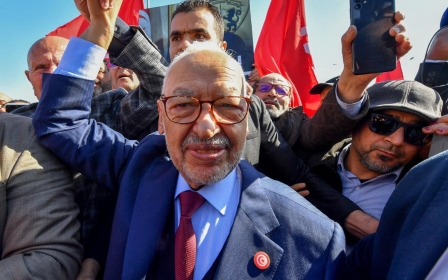Tunisia's Kais Saied to target 'unlawful' content on social media
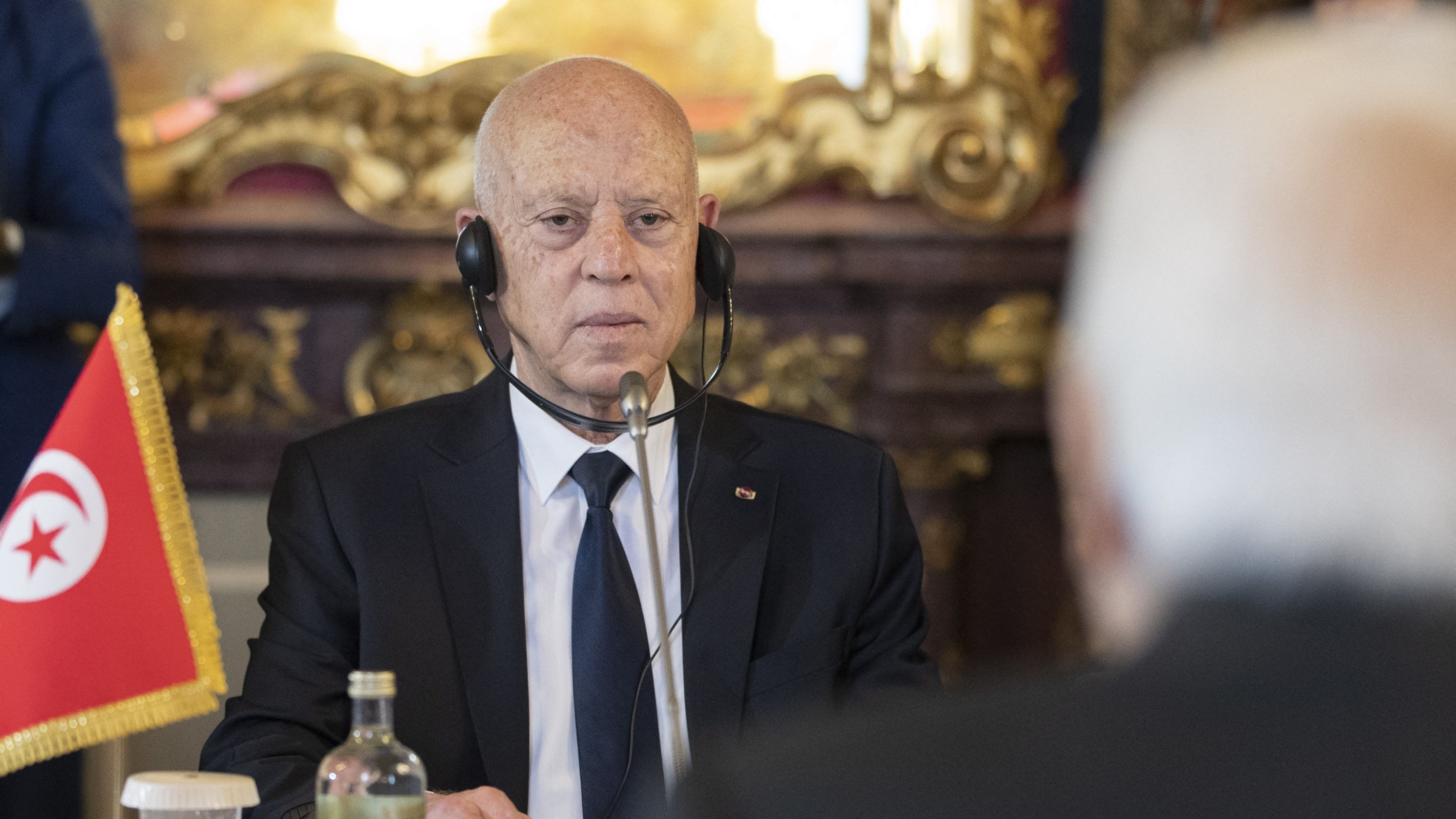
Tunisia's President Kais Saied has announced his intention to crack down on online "lawlessness" in what could signal an intensified clampdown on dissent on social media.
According to a statement posted on the Tunisian presidency's Facebook page on Wednesday, Saied said he aimed to partner with other countries to prevent online "crimes" on social media sites.
"The president pointed out that death threats, indignity, spreading rumours and insults have nothing to do with freedom of thought or freedom of expression," the statement read.
Saied took absolute power in Tunisia following a coup in July 2021, in which he dismissed his government and dissolved parliament while revoking immunity for its members.
He followed that up with a referendum a year later that enshrined his powers and cracked down on political dissidents, primarily from the conservative Ennahda party, which once held the most seats in the National Assembly.
New MEE newsletter: Jerusalem Dispatch
Sign up to get the latest insights and analysis on Israel-Palestine, alongside Turkey Unpacked and other MEE newsletters
Leaders of Ennahda, including its founder Rached Ghannouchi and senior leader Said Ferjani, have been arrested as part of the crackdown.
Activists, such as the blogger Sahbi Omari, who was formerly affiliated with Ennahda but later became a critic of the party, have also been arrested.
Grip on power
Since the 2011 revolution that overthrew Tunisia's long-serving autocrat Zine El Abidine Ben Ali, the country's economy has long teetered on the brink.
Saied has repeatedly hit out at his own officials for their failure to end food shortages and the country's inability to stop electrical blackouts and water cuts.
For many young Tunisians, there is no hope of a future in their country and many have joined others from the Middle East in trying to find a new life in Europe.
Despite these economic woes, until the 2021 coup, the country enjoyed a period of relative political freedom that saw the emergence of a multiparty democracy with Ennahda forming one of the country's political forces.
After securing expanded powers after the 2021 coup, Saied has sought to quash the group as an effective voice of opposition.
Many of those arrested in its aftermath have been affiliated with the movement but there are signs that Saied is looking to expand his list of targets.
African migrants have become a cause celebre within the country with Saied making accusations of a conspiracy to change the demographic make-up of Tunisia using African migrants.
The comments have led to widespread persecution of Black Africans within Tunisia, as well as deportations to countries where they risk death.
Human rights groups, such as Amnesty, have voiced fears that laws targeting so-called cybercrime will also be used to target critics.
"The new decree-law mandates heavy prison sentences based on ambiguous terms such as 'fake news'," the group said in a report in December.
It said that in October, cybercrime laws were used to target lawyer Mehdi Zagrouba, who was accused of libelling Justice Minister Leila Jaffel on Facebook.
Tunisian authorities were "investigating critics under a repressive new cyber law which is just the latest attack on human rights legislative safeguards by President Saied,” said Heba Morayef, Amnesty International’s regional director for the Middle East and North Africa at the time.
This article is available in French on Middle East Eye French edition.
Middle East Eye delivers independent and unrivalled coverage and analysis of the Middle East, North Africa and beyond. To learn more about republishing this content and the associated fees, please fill out this form. More about MEE can be found here.


